What inspired you to write The House on Sunset?
My eighteen month relationship with an abuser left me ill-equipped to cope. I struggled with PTSD and BDD while my life fell apart (and there was nothing I could do about it). I found blogging as an act of escapism, a way to say what I was feeling without being a burden to those around me who didn't truly understand. When my blog began picking up readers, some of which were other survivors, I realized I was not only helping myself but others through sharing the darkest pieces of me.
After four years of blogging, trauma therapy and connecting with other survivors, I realized my story could use a different platform. Maybe writing a memoir would reach additional eyes. Maybe my family would finally understand what I'd been through.
I hadn't shared my entire story before writing the book. Speaking it wasn't something I was ready for. But having the resource to say, "Hey, I want you to know what happened to me," without actually having to put myself in a situation that felt unsafe was appealing.
The House on Sunset came from all of those fears, feelings and focuses.
When or at what age did you know you wanted to be a writer?
I was notorious for writing scathing notes in high school to friends who I felt "deserved" my lectures. Funny enough, that was the first time I realized I had some talent. By my second year of college, I was convinced I could never make it as a writer (because that's what society tells us), so I declared my major in English, secondary education. If I couldn't write as a career, at least I could talk about writing.
But the bug never died.
Even though I continued teaching while I was writing my blog, I found myself more fulfilled by the work I was doing outside of the classroom than what I was doing inside of it (and I was a damn good teacher). So I continued the blog, started fiddling with guest posts on various websites, and made a writing career a possibility for myself "later" in life.
My book came out in October of my last year of teaching.
I didn't return to the classroom the following year, determined to use my talents in another form.
Now, I'm a copywriter by day. This shift allows me all-day at my keyboard, whether I'm writing for myself or clients.
What is the earliest age you remember reading your first book?
I remember reading the abridged version of The Adventures of Tom Sawyer in third grade, followed by the Ralph S. Mouse series and Number the Stars by Lois Lowry. I'm sure I read previous to that, but the books I mentioned above left a lasting impression on me, and I continued searching for books that either allowed me to escape (like Ralph did) or helped me understand emotion (like the others).
I wouldn't say I was a junkie until much later, because I was VERY selective in my reading. If the first few pages of a book couldn't hold my attention, I wasn't committed enough to continue on. A book snob at 9, I guess you could say.
What genre of books do you enjoy reading?
Fiction and non-fiction, I love the classics and contemporary lit. Women's literature too. I particularly gravitate toward memoirs in non-fiction, but I also love poetry. Occasionally I'll pick up something outside of these genres (I go through a love/hate relationship with YA lit), but I mostly stick within what I know I like. (Yes, I realize this is a character flaw and the mark of a terrible teacher, but I'm nothing if I'm not honest here. Sorry.)
What is your favorite book?
The Adventures of Huckleberry Finn by Mark Twain.
I love watching Huck's internal conflict unfold as he and Jim float down the river. I think Twain is brilliant in that his work has remained culturally relevant into today, and his sense of humor (and use of satire) is what really latches me in.
My dog's name is Huckleberry (Watson in The House on Sunset) because I believe the character to be one of the most honest and complex examples of humanity in any book I've read. The juxtaposition of Tom against Huck, how one blindly follows society's standards (though he's supposed to be the leader) and the other follows - though he struggles with it - his heart a literary gift.
Religion, racism and abuse are all problems within society today. That, to me, is the mark of a good writer. If you can pinpoint societal problems that must be addressed (but we ignore out of fear or pain), then you're absolutely on the top of my list.
You know I think we all have a favorite author. Who is your favorite author and why?
For the exact reasons I've listed above, Mark Twain is - and might always be - my literary hero.
If you could travel back in time here on earth to any place or time. Where would you go and why?
I think I'd like to have a drink with Sylvia Plath or Kurt Cobain. What I admire about artists, even though who struggle, is their honesty. To show a weakness inside of yourself to the rest of the world opens you up to a lot of criticism, yet it allows others to begin understanding mental illness or traumatic response. Who wasn't listening in their lives? What messages weren't noticed?
These sorts of conversations are what pushed me to share my story.
There are people who need my voice right now, so they can begin healing from the same mental illness I faced. And there are other people who need to read a work as brutally honest, so they can better understand domestic violence as the epidemic it has become.
When writing a book do you find that writing comes easy for you or is it a difficult task?
Writing The House on Sunset was incredibly difficult for me. I faced traumatic response and brokenness I thought I'd mended. Sometimes when I'd write a scene, my mind would open up memories it had protected me from since leaving my abuser. In many ways I was healed through writing, but I also had to learn how to protect myself from hindering my recovery or carrying old battle wounds throughout my day (I was still teaching while I wrote THOS, though I only wrote at home).
I suspect writing the follow-up and anything else that comes to me will also bring difficulty, but I know now how to cope with those things, and I think I'm better prepared to face any demons that want to ride along.
Do you have any little fuzzy friends? Like a dog or a cat? Or any pets?
I have three dogs: Huckleberry, my chihuahua (also a survivor of The House on Sunset); Frank, my English bulldog buddy (who is the only soul in the house who snores louder than me); and Rocko, our American bulldog and my protector.
Frank and Rocko came along with my husband. I never anticipated having three dogs, but our lives are full because of our boys and I love our little family.
What is your "to die for", favorite food/foods to eat?
All time: My family is majorly Italian. We had family dinners at my grandparents' house every Sunday. In terms of food growing up, I was spoiled rotten.
Food kick right now: nachos and barbecue (there are so many places in St. Louis with both) and Vietnamese spring rolls (if you've never wrapped one in lettuce, you're causing yourself a lot of pain. Plus, they add a layer of crispiness to the outside.) Oh, Thai is good too.
I love food. Maybe a little too much.
Do you have any advice for anyone that would like to be an author?
Yes. Write. Don't get so far into your head that you paralyze yourself with the what ifs and maybe nots. Once you begin, you'll find your voice and story. Every writer fears their own ability. We've all whispered, "Do I suck?" to ourselves at some point (the writers who don't are the ones I question). The only difference between those of us who have written a book and those who haven't is that we faced our fears and did it anyway.
Face your fear and write anyway.
Bonus: Your first draft will likely blow. That's okay (and why editing is so, so important).














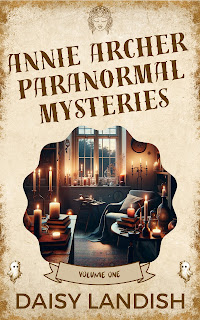
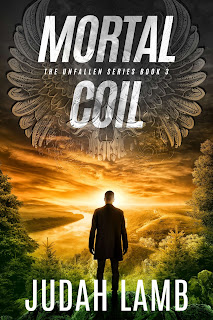
















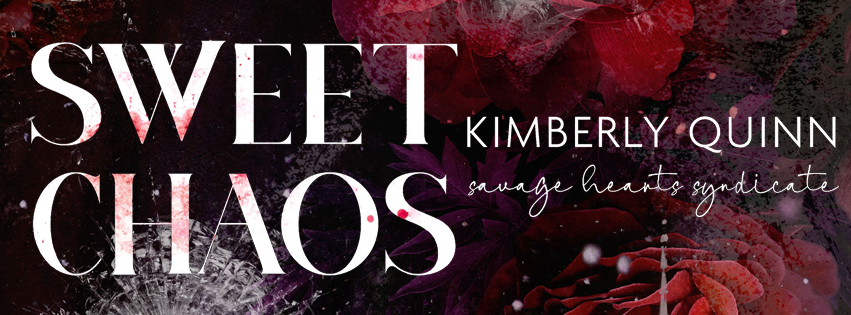



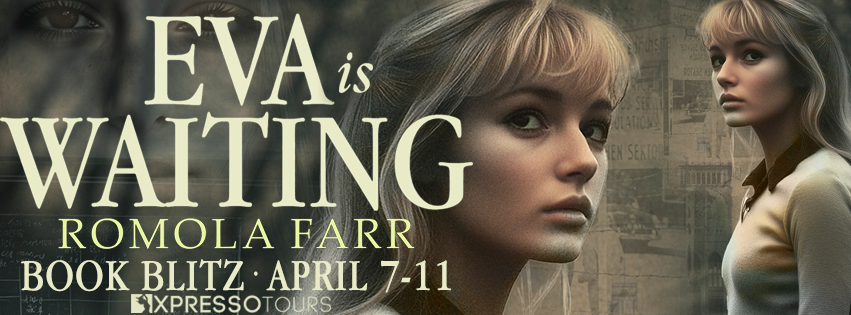





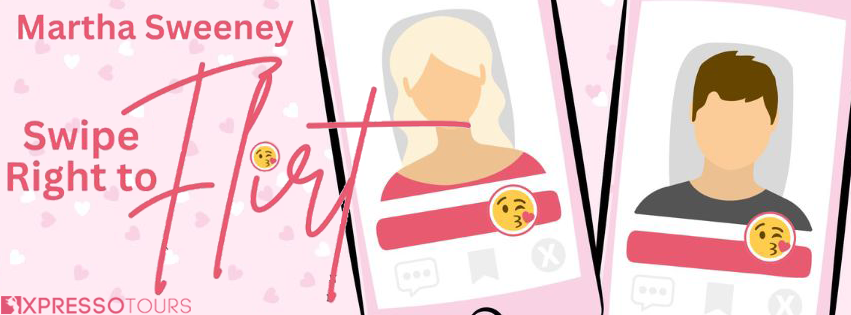






















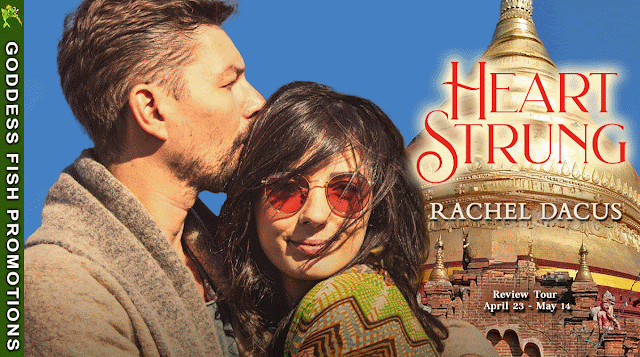








0 comments:
Post a Comment